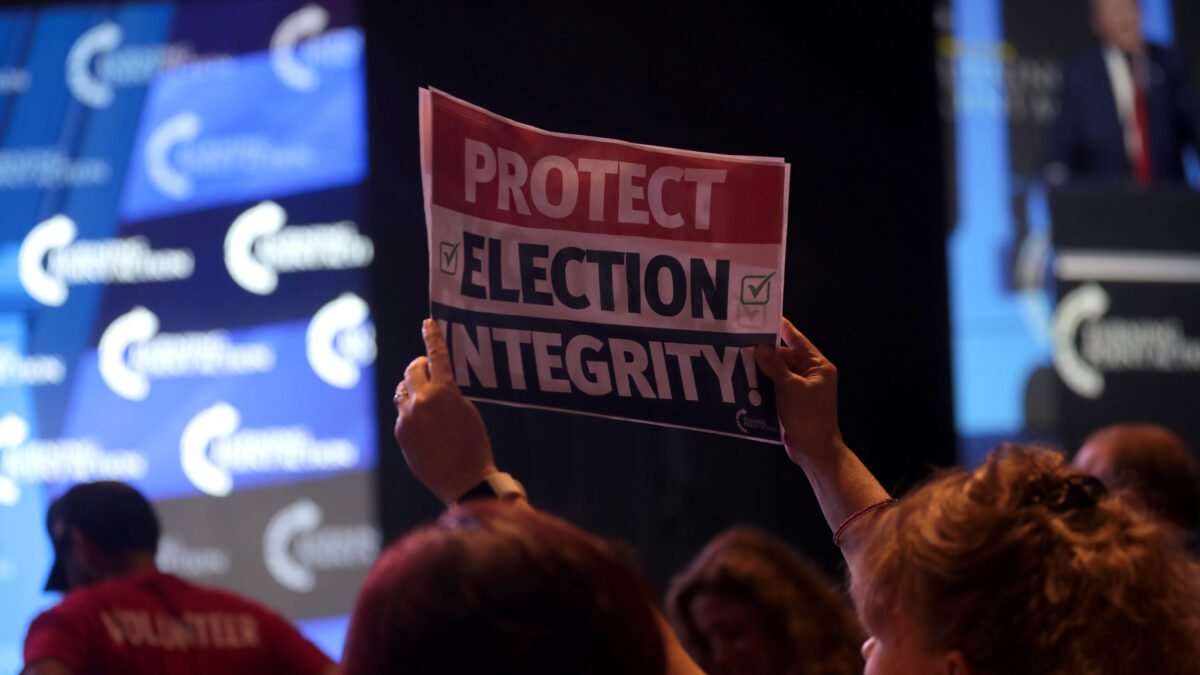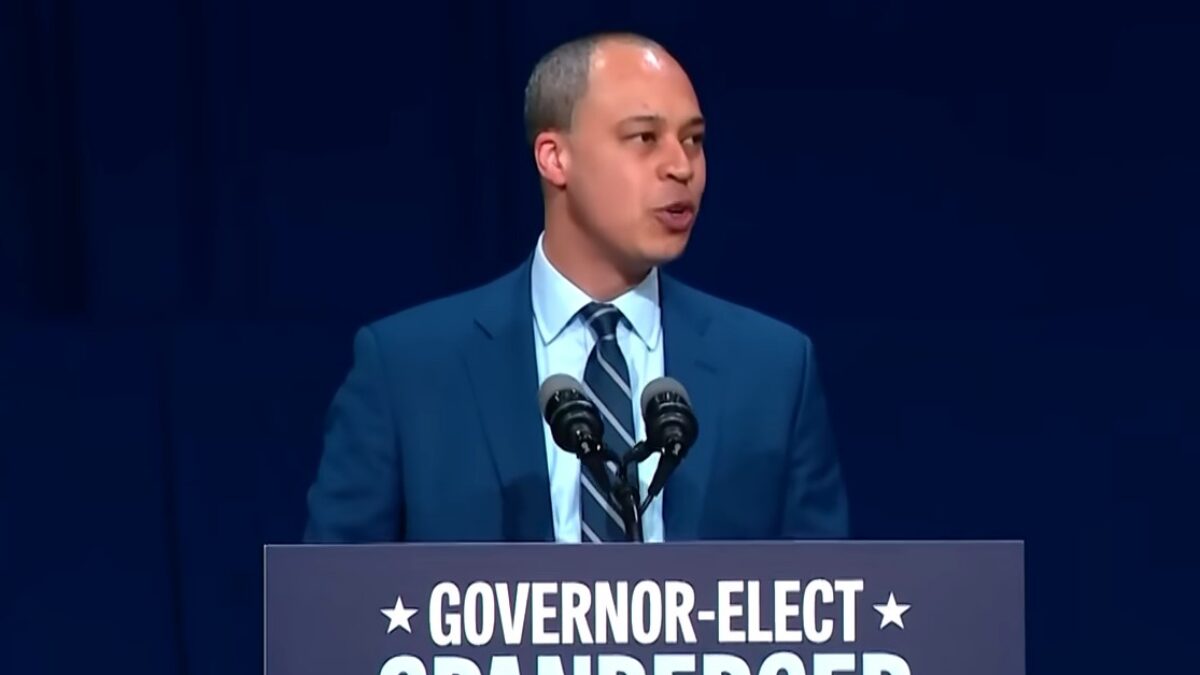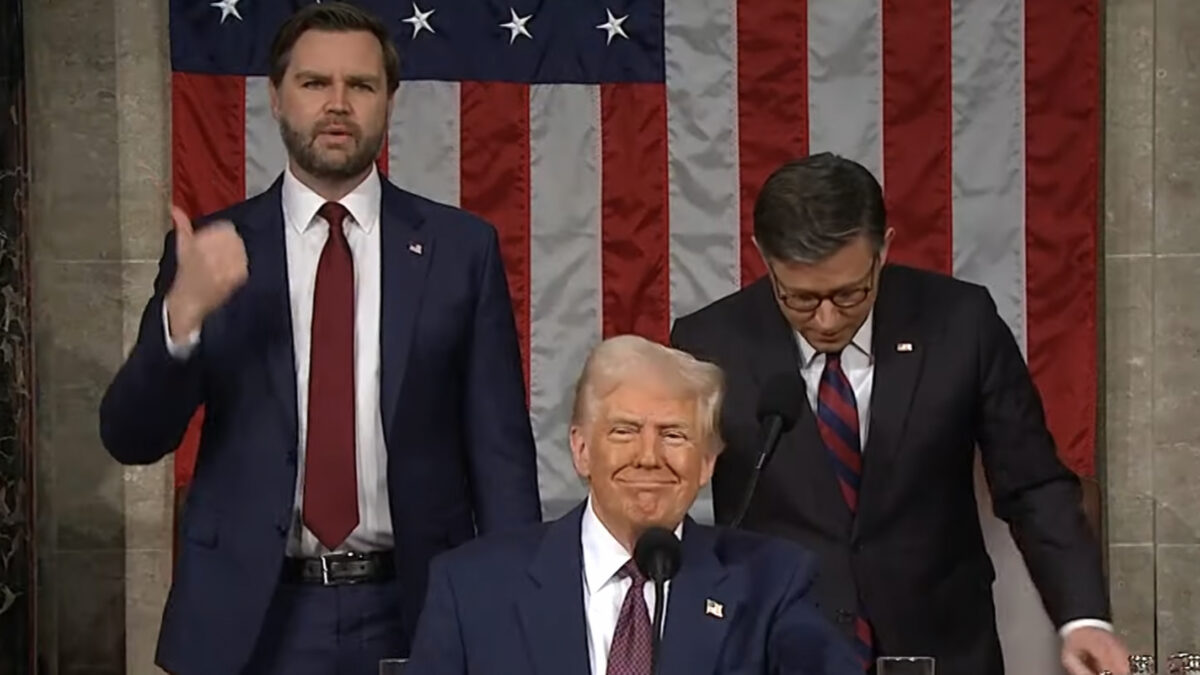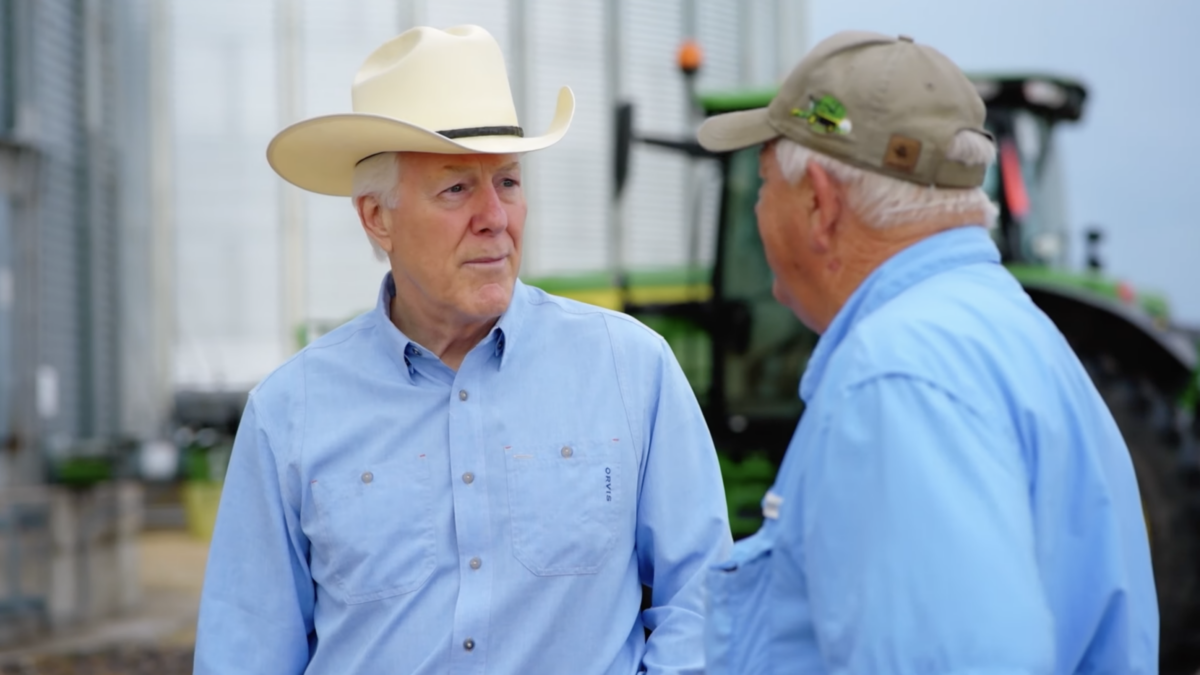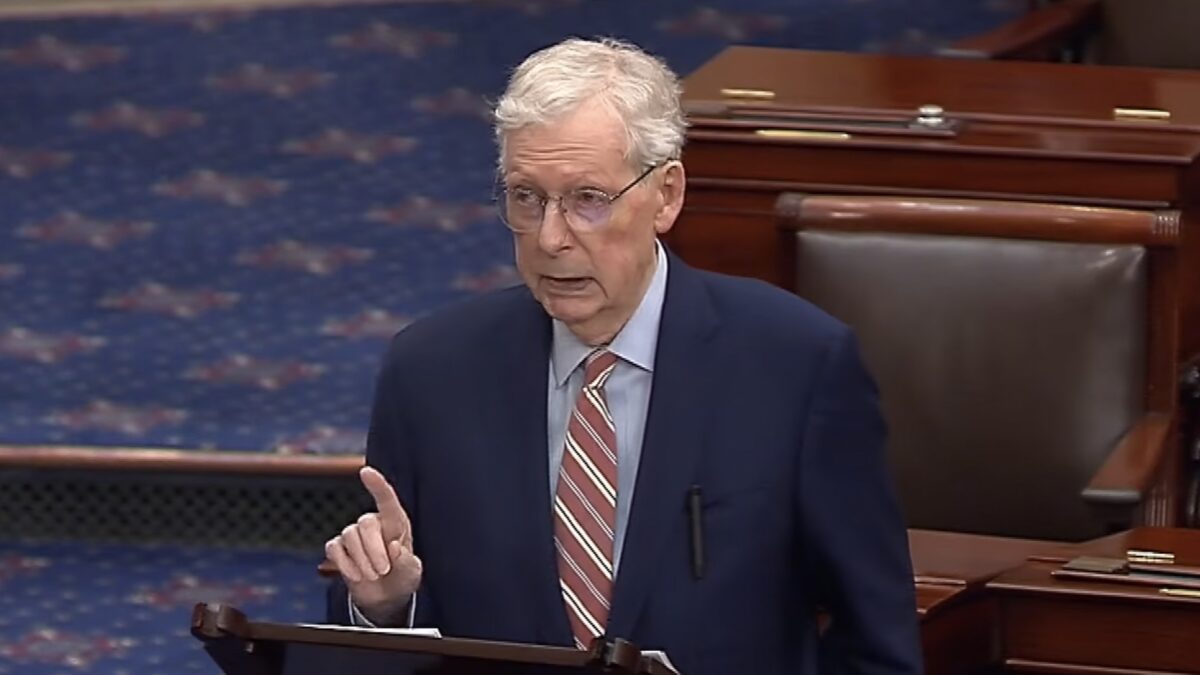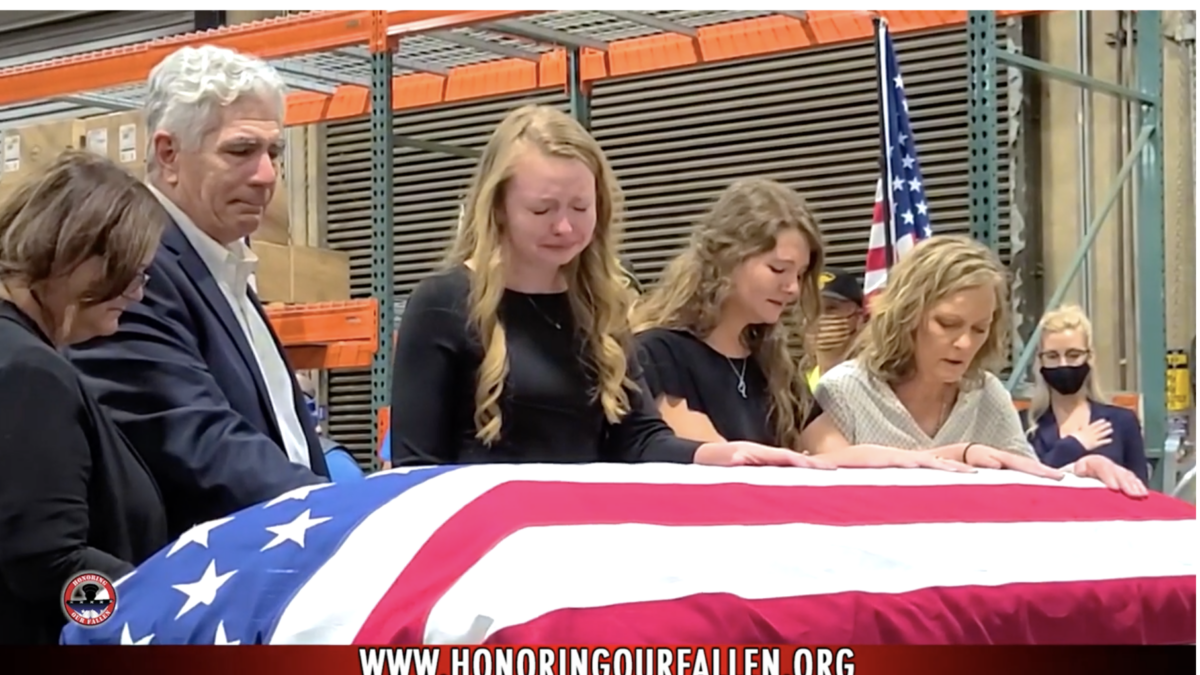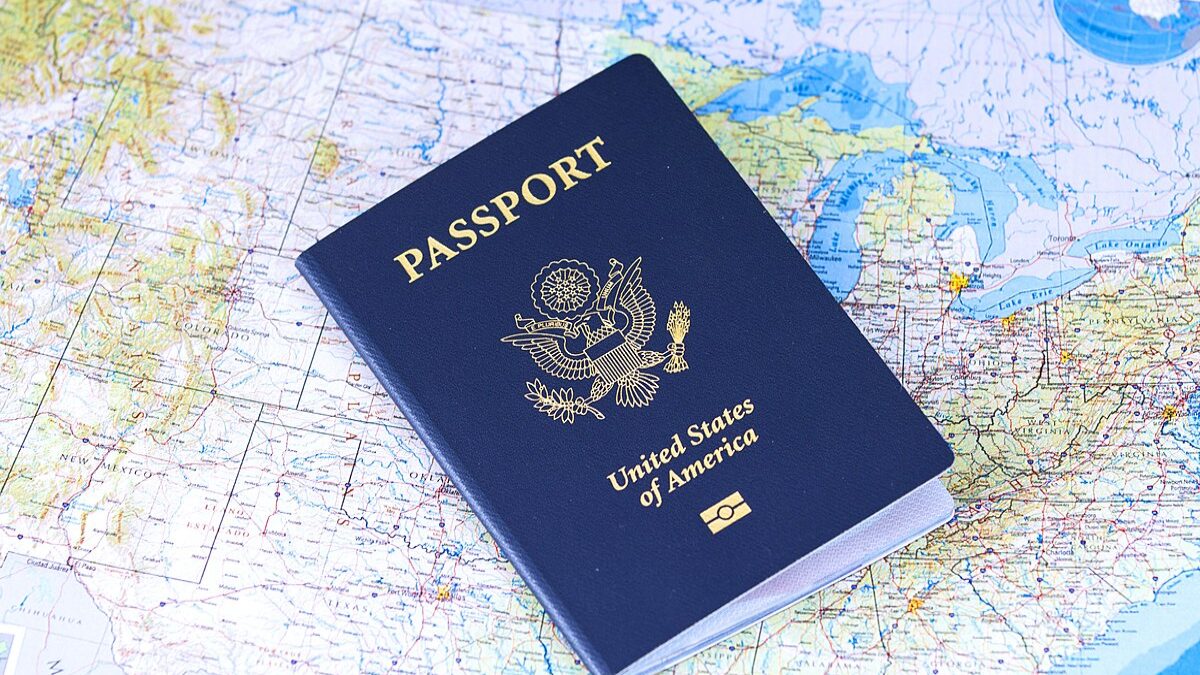
National and Arizona Republicans are formally requesting the Supreme Court allow a state law go into effect that would reject state voter registrations in which the applicant does not provide proof of U.S. citizenship to register to vote in state elections. The motion also asks the high court to permit Arizona to require such proof for individuals submitting mail-in ballots and voting in presidential contests.
Filed on Thursday by the Republican National Committee (RNC) and Arizona’s GOP legislative leadership, the emergency application asks SCOTUS to issue a stay on a Aug. 2 decision by a three-judge panel on the 9th Circuit Court of Appeals, which prohibited enforcement of provisions in a 2022 state law requiring individuals provide documentary proof of citizenship (DPOC) when registering via state voter registration forms.
That decision reversed a July 18 ruling by the court’s motions panel allowing the law to take effect, according to AZ Free News. The motions panel’s decision overturned a May district court ruling that deemed the law illegal.
Mi Familia Vota and Voto Latino are among several left-wing groups challenging the statute’s legality.
In requesting SCOTUS allow the DPOC requirement to be used in the Grand Canyon State’s November elections, the RNC and Arizona Republicans cited the Purcell principle, which, as described by Ballotpedia, is a legal doctrine “establishing that courts should not change election rules during the period just prior to an election because it could confuse voters and election officials.” The principle originates from the 2006 Supreme Court case Purcell vs. Gonzalez, which centered on an Arizona voter ID requirement.
“This Court has repeatedly instructed that the Purcell principle bars federal courts from enjoining the enforcement of state election laws with an election impending,” the filing reads. “The principle recognizes the important interests state officials have in protecting their elections and avoiding voter confusion. But the Ninth Circuit turned this principle against the enforcement of state election integrity laws.”
Applicants argue the imminence of the November contest justifies the “need for prompt relief” and that resolution of the matter “concerns the form and printing deadline of ballots: to implement its prohibition on voting in presidential elections by individuals who have not provided documentary proof of citizenship, Arizona must either not print the presidential candidates on federal only-ballots, or configure its tabulation machines not to count presidential votes on federal only ballots.”
In Arizona, individuals who do not provide DPOC when registering to vote are permitted to do so as “federal-only voters” and cast ballots in federal elections. That allowance is due to a 2013 Supreme Court ruling known as Arizona v. Inter Tribal Council of Ariz., Inc.
“Requiring proof of citizenship is common sense and fundamental to preserving the integrity of our elections — especially in our country’s most important presidential election,” RNC Chair Michael Whatley said in a statement. “This application in the Supreme Court is pivotal to ensuring that Arizonans’ votes are not cancelled by noncitizens.”
Applicants have requested SCOTUS to issue a stay allowing the aforementioned DPOC requirements to take effect before Aug. 22.
Justice Elena Kagan is the “circuit justice” tasked with handling emergency stay applications from western states. According to SCOTUSblog, she can “grant or deny the application on her own, or she can refer it to the full court for all of the justices to vote on it.” The issuance of a stay would then require approval from at least five justices.


